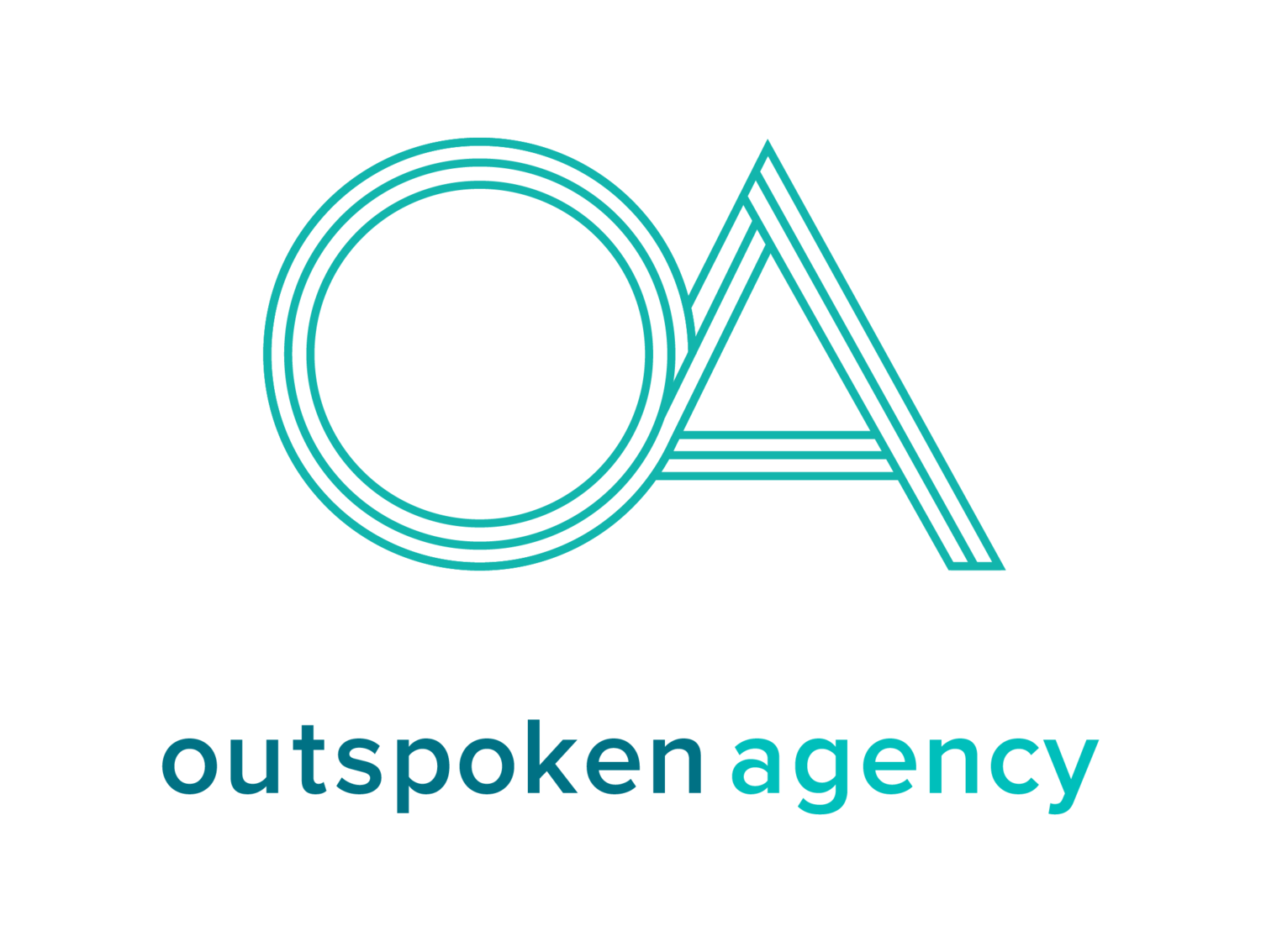In Conversation with seasoned event host & emcee, Wendee Lee Curtis (Part II)
/By: Chelsea S. Smith, Sales Assistant @ Outspoken and Professional Writer
A host or emcee is a guide through a rich entertainment experience. Without her charisma, professionalism, and relatability, audiences often fumble through an event trying to frame and navigate it without the appropriate support. But not on Wendee Lee Curtis’ watch!
Outspoken speaker, Wendee Lee Curtis has over a decade of experience hosting live events on camera and on stage for Radio City Music Hall, Pepsi, AstraZeneca, and more. Organizers praise her for her “amazing energy, poise, humor, class, and effectiveness” and her “flexibility and responsiveness.” Not only does she bring Broadway training and broadcasting experience to the craft of facilitator, but she also brings a commitment to diversify representation within event programming. Wendee Lee understands representation and inclusion on-set and on-screen matters not only to our culture but to our economy. We recently spoke with Wendee to learn more about her extensive expertise as a host, emcee, and moderator.
If you haven’t read it yet, click here to check out Part I of our interview with Wendee!
CHELSEA: A large part of your work is engaging with audiences through conversation, but I’m wondering if silence, or the absence of verbal communication, is a useful tool of engagement for you when working with large audiences, speakers or invited guests. If so, how and why?
WENDEE LEE: Great question! Yes, absolutely. While working on Broadway in NYC, I studied with a world-renowned acting coach, named William Esper, who taught the Meisner Technique—a famous acting technique devised by Sanford Meisner. Bill was an amazing and brilliant man who really and truly loved actors! There are a lot of parallels between presenting and acting where I've utilized this training.
The three main tenets of the Meisner Technique include emotional preparation, repetition, and improvisation. These components all work together to help actors (presenters) observe their scene partners (the audience) and remain present, instead of relying on memory or rehearsal. With Meisner, silence can be as important as speaking, and listening even more so. That training is the lynchpin of my process when I'm working! Silence is an incredibly powerful tool for retention and engagement with the audience. You have to give the audience time to truly hear what's been said, to let it land, and that's where silence becomes a useful tool.
“It sounds counterintuitive to what we’re tasked with doing, but invariably, the most impactful moments and content are retained when we leave space and silence for the attendees to truly take it in. ”
CHELSEA: Silence can be as important as speaking. Yes! I swear, these things are applying to my day-to-day life (haha). I know you’re speaking as a subject expert on communications and facilitation, but you’re also speaking as a regular human living in the present moment, you’re speaking about the vitalities of human interaction, right? Space and silence are so crucial to the everyday and in the hosting industry. Sometimes expectations on the part of the organizers and audience can shift during events. Sometimes the audience responds in a way that may demand a shift in the organizer’s original intent. How do you manage those unexpected shifts?
WENDEE LEE: Sometimes? Try all the time (haha). I've literally had shows change as I was presenting them live, especially during the onslaught of virtual events during the pandemic. It pays to be nimble in this business. Honestly, my heart went to all of my colleagues in production as they were trying to navigate the shift to virtual platforms. For me, it was no different from being on-air as a news anchor. In news broadcasting you literally have someone talking in your ear while you're reading the teleprompter, especially when there's breaking news. Most people don't know this, but your producer is literally telling you in your ear (via the IFB) all of the details of the breaking news in real-time. I actually had that happen during a summit I was emceeing for a major pharmaceutical company. They had a panel discussion addressing racial bias in medical treatments and it was riveting. The panel was people of color who worked for the company relaying their treatment by medical professionals and the challenges they faced in receiving equitable and relevant care. The response by the attendees was so overwhelming that they canceled the segment after the panel so they could continue the conversation. They didn't have time to put the changes in the teleprompter, so the director talked me through the introductions via my IFB. Moments like these are when I'm thankful for my theater and broadcasting training (haha). I'm pretty unflappable.
CHELSEA: Just hearing that story makes me anxious (haha). But your experience and expertise ground you. I hope to one day have so much experience, training, and knowledge about a particular craft or subject that I can be confident and undeterred in the midst of chaos or pressure.
Wendee, thank you so much for taking the time to share your professional journey and know-how with me. It’s been a pleasure listening to your expertise not only on hosting, emceeing, and moderating, but on moving with confidence, flexibility, and humility in the world.
———
Wendee Lee Curtis is available to book as a host, emcee, or moderator for live and virtual events now. For more information, click here.
Chelsea S. Smith is a Sales Assistant at Outspoken, conducting outreach marketing that showcases the agency's stellar speaker line-up to prospective event organizers. She also uses her creative writing skills to assist with Outspoken’s Blog. She is a graduate of Boston University and holds an MFA in Creative Nonfiction Writing from Columbia University's School of the Arts.




